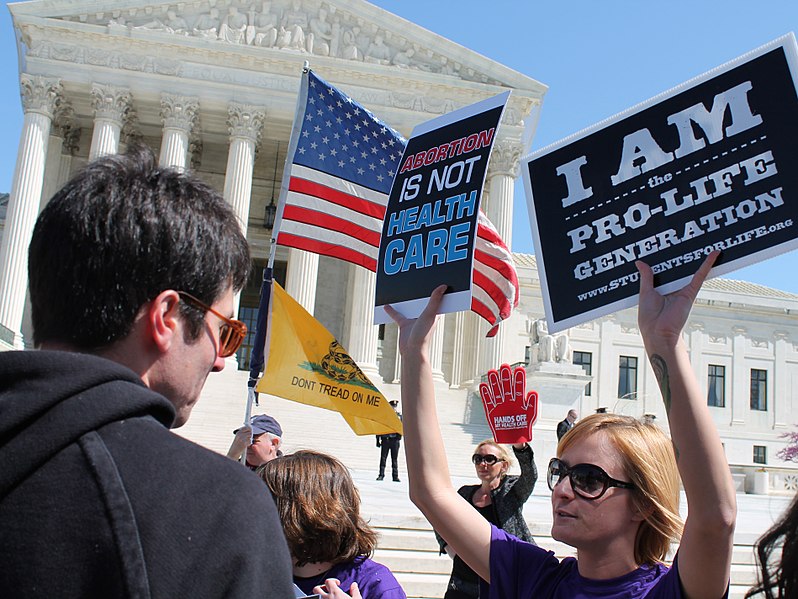Its government wants to implement a new law that would make it illegal in all cases except danger to the mother’s life.
The government of Alabama has just passed a new bill that would essentially ban abortions in the state. If it becomes law - it’s currently facing legal challenges - doctors who perform abortions could be sent to jail for up to 99 years; a pretty strong incentive for them to refuse to do so.
Previous studies have shown that banning abortion doesn’t actually result in less women having abortions: women instead travel to where abortions are legal or turn to DIY solutions and underground abortion providers.
Because the first option costs money and the second is often unsafe, the end result of Alabama’s abortion ban is likely to be the injuries and deaths of several women, all of whom are disproportionately likely to be poorer than average.
But let’s say Alabama’s abortion ban did persuade more woman to go through with an unwanted pregnancy. What happens to the state’s economy?
Well, more babies would be born each year. Those babies may grow up to be pleased they’re around. Society as a whole may be pleased they’re around too if those kids grow up to become the next Einstein or Beyonce or even just a productive member of society who works hard and pays their taxes.
There will be costs, though. The infamous Freakanomics argument that pro-choice policies lower crime rates (because unwanted kids are more likely to have the sort of challenging upbringing that pushes people into crime) has been criticised as misreading the data. But almost everyone agrees that women who keep an unwanted baby will pay a financial penalty, because motherhood in general is strongly correlated with lower lifetime earnings.
In the case of women who would have had abortions, this penalty is likely to be compounded. For one, they’re less likely to be in a stable long-term relationship (83 percent of US women who get abortions are unmarried). A partner can not only bring in an additional salary but be the best antidote to the motherhood wage drop, if they take on an equal share of the caregiving.
And women who get abortions are also more likely than average to be young and have low incomes. One study found women who asked for abortions but were denied them were more likely to be in poverty years later, and less likely to have full-time employment.
Read our explainer on: gender inequality.

